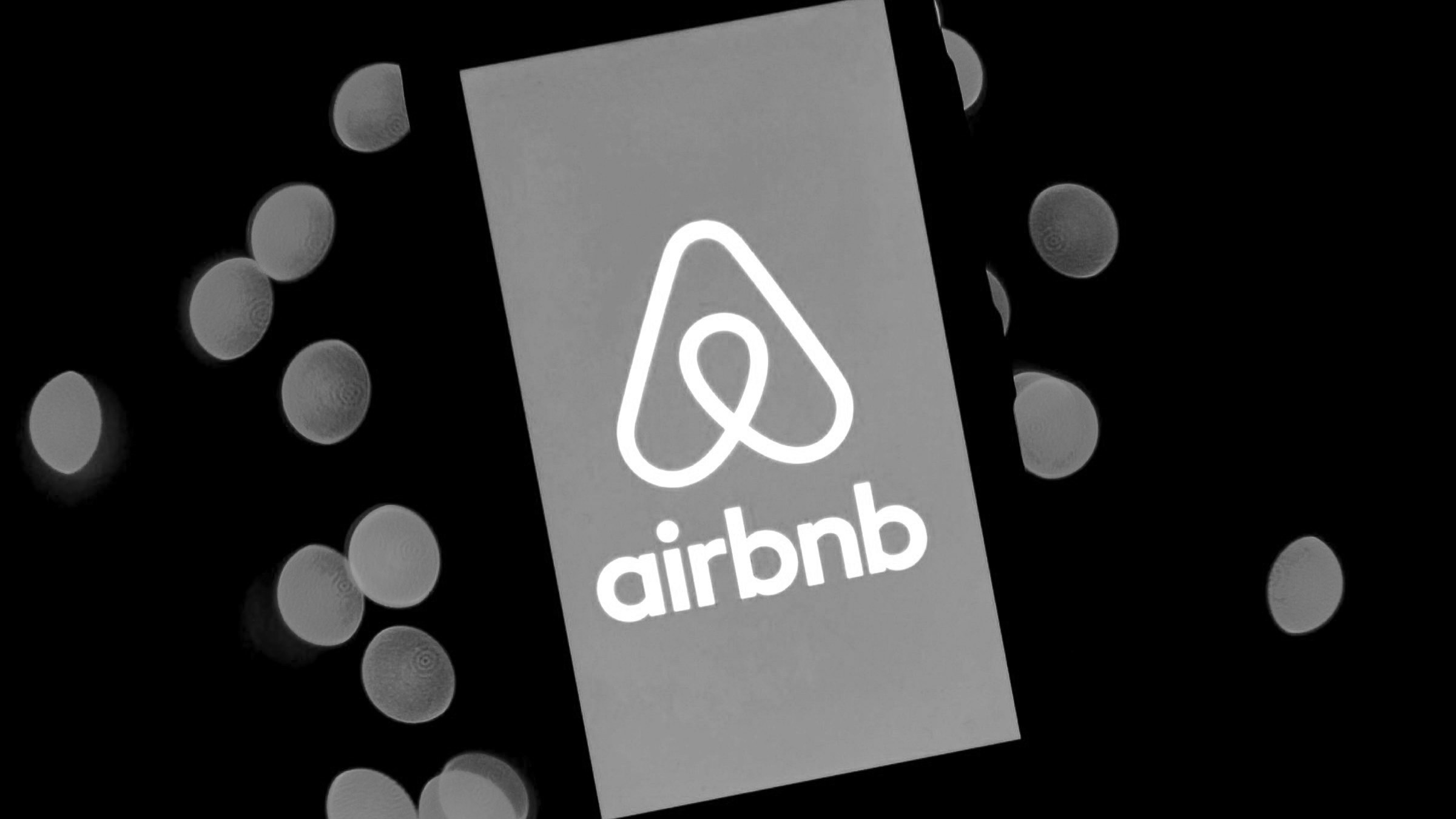As we tiptoe out of the pandemic (or run at full speed from, depending on your personality), it’s clear that the effects on how we live and work are going to be with us for a long, long time. Without an office to commute to every day, what’s to keep a certain segment of workers from setting up shop and working wherever the heck they want? Paris in spring. New York in fall. Mexico in winter. Hawaii in summer.
Though the term to describe this phenomenon, “digital nomad,” has been around for more than a decade, it really came into its own with the pandemic. Digital nomads have traditionally been knowledge workers able to do their jobs anywhere (and were often disciples of Tim Ferriss’s bestseller, The Four-Hour Workweek). But now, the pandemic has blown the concept wide open, making remote work an option to almost everyone who spends their days at a desk—from solopreneurs to complete digital nomad families. In fact, Google reports that searches using the term “digital nomad” ballooned from 1.3 million in January 2019 to more than 4.5 million in April 2021.
The company that’s pivoted remarkably fast to meet the watershed moment is hospitality disruptor Airbnb. And they needed to. When the pandemic hit in early 2020, Airbnb’s business was clobbered. With customers on lockdown at home, their revenue fell 72% year over year, and the company laid off a quarter of its workforce.
But once the initial shutdowns eased, customers started trickling back to the platform. Airbnb immediately saw—and, more importantly, capitalized on—the changes in how they were booking travel.
“I think for any company who says we’re going back to the way things were, I think that’s just defying laws of human nature,” Airbnb co-founder and CEO Brian Chesky has said. “I don’t think any of us are going back to exactly as they were.”
Research on post-pandemic travel confirms Chesky’s insights. MBO Partners estimates there were 10.9 million digital nomads in the U.S. in 2020 versus 7.3 million in 2019, a 49% increase. And according to a recent Harris poll, 74 percent of Americans already working remotely would consider taking a “work-cation” where they live and work somewhere other than their home for an extended period of time.
Airbnb’s own research concurs. In their recent survey, 83 percent of respondents are in favor of relocating as part of remote working, and one in five have already relocated their living situation during the pandemic either temporarily or permanently.
In the latter half of 2020 and into the beginning of 2021, Airbnb saw a significant rise in bookings for more off-the-beaten path locations, as well as for longer-term stays (weeks or months vs. days), a need more traditional hotel properties just couldn’t service. In fact, over the past year, Airbnb saw a tripling in the number of their U.S. reviews that mentioned “remote working.” And because our beloved cats and dogs can’t be left to fend for themselves, there’s been a 90% increase in searches using the “allow pets” filter. And nearly half (46%) of those working remotely in the US say they have already used Airbnb to find a remote working destination.
And experts expect this trend to stick: remote work has proven to be as good for employers as it is for workers. A recent IWG Workplace Study revealed that remote workers were 35% more productive than those working in an office, and 85% of business owners say their business is more productive when people work remotely.
As a result, Airbnb is shifting from a transactional travel business to an ongoing lifestyle service. It’s not about booking discrete stays anymore; it’s about providing compelling environments for people to live, work and play.
That’s why today, more than 6 million active listings on Airbnb accept monthly stays, with more than half of them offering discounts for extended trips. Airbnb is also working to make it easier for digital nomads to find the stays they’re looking for. They’re now highlighting ways people can make an Airbnb listing more like home than an escape. “[With Airbnb], work from home could become work from any home.”
And earlier this year, Airbnb made what they describe as “the most comprehensive update ever,” with more than 100 upgrades to the company’s website, app, and policies. Many of these changes reflect their customers’ shifting priorities post-pandemic. One major new feature is called “I’m Flexible,” which unleashes customers from restrictive search parameters and allows them to look for rentals with flexible dates, locations, and destinations.
But if you’re going to be gallivanting all over the globe, there is the “little” issue of what you do with your own place. Because even if your pay stays the same in this new remote work world, you likely can’t afford to pay for two places to call “home.” And that’s another advantage of Airbnb over traditional hospitality options. You just need to get some good photos taken of your place and post it on their site. If you live in a desirable city or town, you could even make money on the deal.
Hard-core digital nomads aren’t the only ones using Airbnb for long-term stays, however. Some now permanently remote workers who don’t want to flit around the globe are using the platform to test out new neighborhoods and new cities before relocating and making a long-term commitment. Las Vegas may be great for a weekend, but how would it be to live there? Book an Airbnb—in the summer, preferably, to really stress test the thing—and find out.
Airbnb has even created a program “Try Before You Buy,” working with remote talent attraction programs to provide swag and incentives for people exploring new cities. For example, they worked with Tulsa Remote, a company trying to lure people to the Oklahoma city, to provide $150 Airbnb gift cards to people who book in the area.
All of Airbnb’s efforts are in service of what Chesky calls an inflection point in the travel industry where there’s a blurring of the lines between travel and living. “We’re going to ride that wave,” he’s said.
For other companies hit hard by the pandemic, it might be worth taking a few lessons from Airbnb’s reinvention story. Because instead of just waiting for the pandemic storm to pass, they used the (scary) pause to focus even more attention on their customers—both guests and hosts—and figure out how to meet their shifting needs, often in real time.
And though a year ago, it was questionable whether Airbnb would even make it through, they’ve emerged as industry leaders once again.

